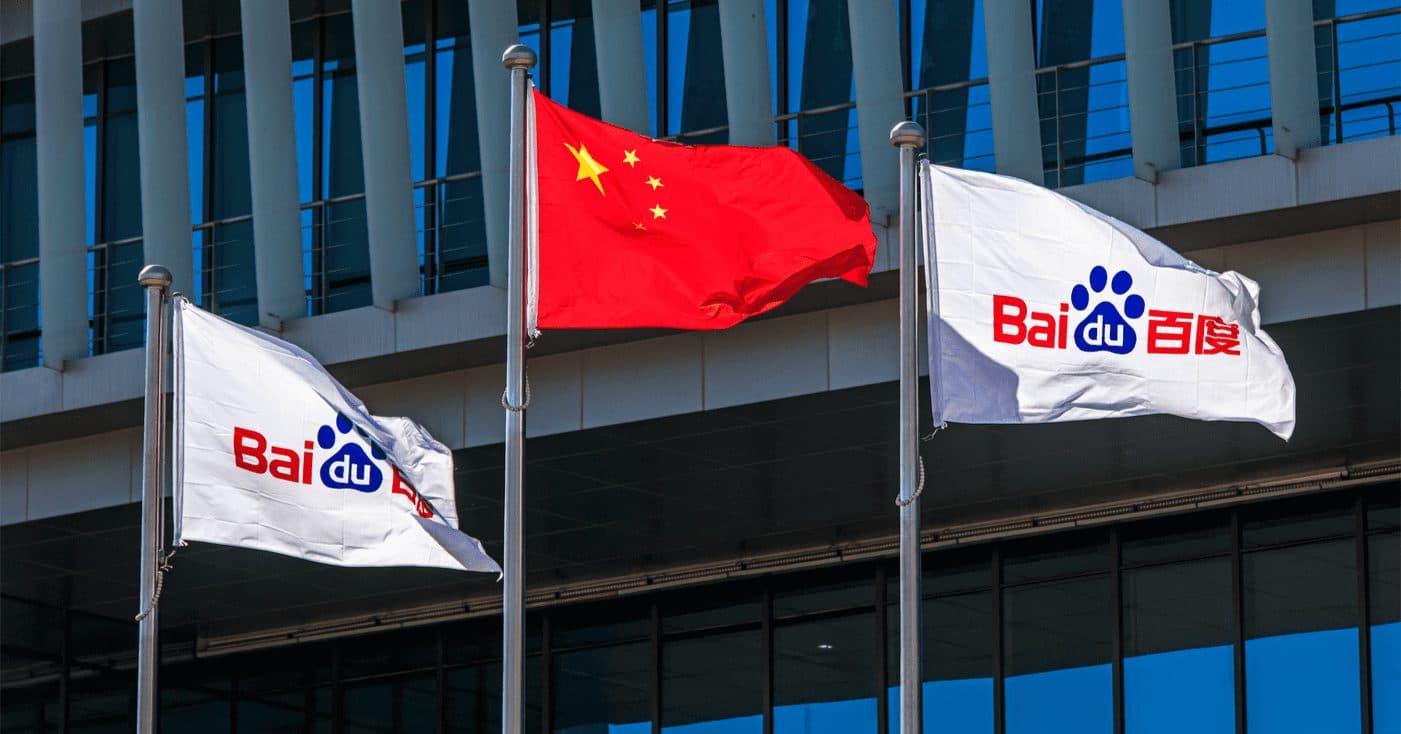Chinese Tech Giant Baidu is Launching its Own Version of the Metaverse; Here’s How
The company’s vice president told reporters that it could take six years for its metaverse plans to come to fruition

Source: Shutterstock
key takeaways
- Baidu executives told reporters that its metaverse will not support digital assets such as cryptocurrencies
- The news comes amid an increasingly stringent regulatory environment for digital assets in China
Baidu, the largest search engine in China, announced ambitious plans for its own version of the metaverse last year. However, development began in 2020 and now the company says it could take over six years to fully launch.
The internet behemoth’s self-proclaimed metaverse app, dubbed XiRang which means “Land of Hope” in Mandarin, formally launched last week.
XiRang allows users to meet in a shared online space, visit tourist attractions and interact with one another using their personalized avatars. Virtual attractions include China’s Shaolin Temple. The platform currently supports up to 100,000 users and is only accessible to Chinese developers, according to the company.
Additionally, Baidu held its annual developer’s conference in XiRang on Dec. 27, which it claims to have been China’s first conference in the metaverse.
Ma Jie, a vice president at the company, said the project is in its infancy and has years until its metaverse plans are fully launched, CNBC previously reported.
When one reporter asked for clarification on the project’s timeline during a preview of the three-day virtual event, Jie demurred: “That’s a very good question, but I may not have a very good answer.”
According to Jie, the company plans to offer an open-source platform for developers — digital infrastructure for the metaverse.
Baidu first signaled its metaverse plans after applying for the trademark “metaapp” last October. The firm is one of many large technology companies filing for a metaverse-related trademark. Roughly 1,360 Chinese firms have filed 8,534 trademark applications related to the metaverse as of Dec. 19, according to a report by the South China Morning Post.
Xiaofeng Zeng, vice president of Niko Partners, said interest in virtual worlds and time spent online in China is already very high.
When asked if the metaverse as a concept is in demand, the exec at the Asian-focused gaming research firm responded: “Chinese people spend lots of time online, on gaming, video, chatting, shopping or learning. There are many meta concept scenes in the market already. [But] it depends on how we define the metaverse: if it is virtual in the real world, it’s here; but if it is a real virtual world, it needs more time.”
Dwayne Ong, a project lead for League of Ancients, said corporations will continue to announce metaverse plans, which he considers a major signal of mainstream adoption. However, Ong warned of the potential risks of heavily-centralized companies getting involved in an industry “where [the] ultimate goal is to decentralize rather than make fast cash.”
“The ball is rolling now, and nobody can stop it. And it may seem like the big brands are catching on very slowly, but this is only the tip of the iceberg,” Ong told Blockworks.
“You can be sure that 10 other major brands are finalizing their metaverse campaigns as we speak, and 100 more are planning theirs. The next wave of metaverse projects will come all at once,” said Ong.
Regulatory hurdles remain
However, an increasingly stringent regulatory environment for digital assets in China could throw a wrench into the company’s metaverse plans.
Baidu executives told reporters that its metaverse will not support digital assets such as cryptocurrencies, exercising caution after China renewed its ban on cryptocurrencies last September.
“Blockchain-like technology has been incorporated in Xirang, but there will be no cryptocurrency nor crypto assets transactions in Xirang,” Jie said in a statement to Blockworks.
Additionally, China Institutes of Contemporary International Relations, a state-run think tank, warned of the political security risks of the metaverse in a November research note.
The firm’s report said due to the metaverse’s “developmental patterns” it requires government regulation, describing the virtual world as being a potential national security risk.
Shares for the company traded up about 1% at $145 in Hong Kong on Tuesday.
This story was updated on Jan. 4, 2022, at 1:30 pm ET, to include commentary from Baidu and Niko Ventures.
Get the day’s top crypto news and insights delivered to your inbox every evening. Subscribe to Blockworks’ free newsletter now.





